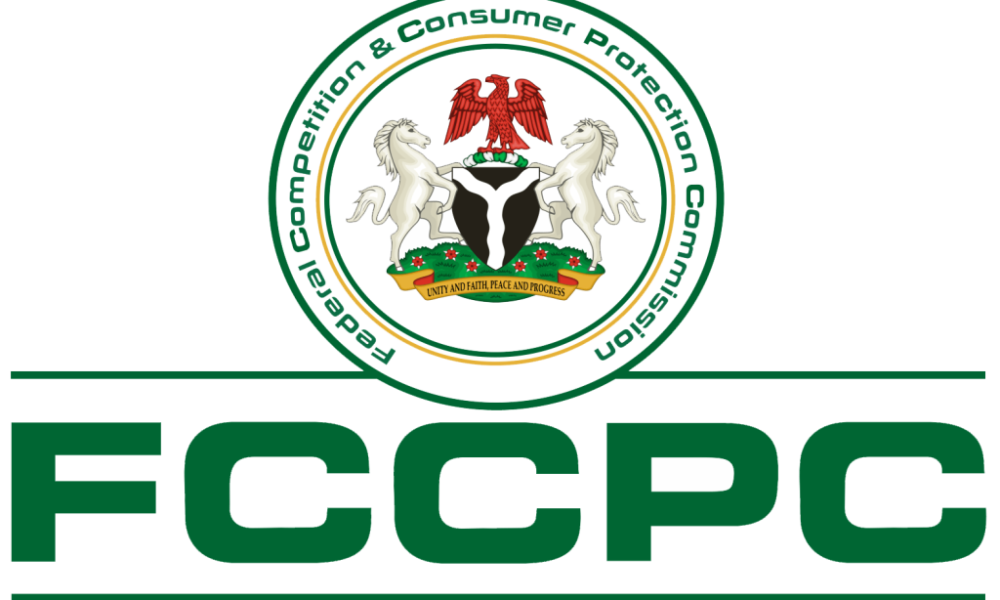In Nigeria, electricity consumers have long been caught in a frustrating cycle of poor service, high tariffs, and broken promises. Despite the unbundling of the state-run National Electric Power Authority (NEPA) in 2005 and the privatization of the power sector in 2013, the hope that Distribution Companies (DisCos) would finally resolve Nigeria’s electricity woes has slowly faded. Today, many Nigerians view the DisCos as nothing more than agents of exploitation, providing inadequate services while charging exorbitant fees.
The relationship between electricity consumers and DisCos has become a strained and contentious one, with consumers feeling deceived by empty promises and unfair practices. The question now arises: Are the DisCos truly capable of providing reliable electricity to Nigerians, or are they merely profit-driven entities with little regard for the needs of the public?
Broken Promises and Unreliable Power
When the government handed over electricity distribution to private companies, many believed it would signal the dawn of a new era in Nigeria’s power sector. Improved infrastructure, efficient service delivery, and a steady power supply were the goals—expectations that have largely gone unmet. For most Nigerians, the dream of 24-hour electricity remains elusive, as power outages continue to be a daily reality.
Consumers often pay for services they do not receive. Frequent blackouts, voltage fluctuations that damage appliances, and long periods of power rationing have become the norm. Yet, the DisCos continue to send inflated bills, leaving many customers wondering if they are paying for electricity they never actually consumed.
The Metering Nightmare
Perhaps the most glaring example of deception by DisCos is the lingering issue of metering. Despite government mandates and promises from the DisCos to provide prepaid meters, millions of consumers are still forced to rely on estimated billing. This system, widely regarded as fraudulent, allows DisCos to charge consumers based on vague estimations of their electricity usage, rather than actual consumption.
The result is often arbitrary and exorbitant bills that bear little relation to the actual amount of power used. Consumers are left at the mercy of DisCos, who inflate bills without explanation, creating widespread frustration and financial strain. The Nigerian Electricity Regulatory Commission (NERC) has tried to intervene with policies like the Meter Asset Provider (MAP) scheme, but progress has been slow and uneven, with many consumers still waiting for meters.
High Tariffs, Poor Service
Another bone of contention is the constant hike in electricity tariffs without any corresponding improvement in service delivery. Over the years, Nigerians have seen their electricity bills skyrocket while the quality of service has remained abysmal. The tariff adjustments are often justified by the DisCos as necessary to cover the high cost of operations and infrastructure improvements, but consumers rarely see the benefits of these price hikes.
For many low-income households, the high cost of electricity has become unsustainable, forcing some to revert to alternative energy sources such as generators, which come with their own costs and health hazards. This further exacerbates the sense of betrayal, as consumers feel they are being charged for a service that remains unreliable.
Lack of Transparency and Accountability
The deceptive practices of the DisCos are compounded by a general lack of transparency and accountability in the sector. Consumers often find themselves in the dark about how bills are calculated, the criteria for tariff increases, or when they can expect service improvements. Complaints to customer service units often go unanswered, and even when issues are addressed, they are rarely resolved in favor of the consumer.
This lack of accountability fuels the perception that DisCos operate with impunity, free to exploit consumers without fear of consequences. The NERC, tasked with regulating the industry, has struggled to enforce compliance and protect consumers from exploitation. Fines and sanctions imposed on DisCos have done little to curb their deceptive practices or improve service quality.
A Call for Reform
The current state of electricity distribution in Nigeria is unsustainable, and urgent reforms are needed to protect consumers and ensure that the promises made during privatization are fulfilled. First, there must be a renewed commitment to addressing the metering crisis. The estimated billing system is fundamentally unjust, and the DisCos must be held accountable for their failure to provide prepaid meters to all consumers.
Second, tariff increases must be tied to measurable improvements in service delivery. Consumers should not be forced to pay more for the same unreliable power supply, and any future tariff hikes should be subject to rigorous oversight and justification.
Finally, the NERC must be empowered to take stronger action against DisCos that fail to meet their obligations. Greater transparency in billing, customer service, and service delivery is essential to restoring trust between consumers and electricity providers.
The Fight for Fairness
The deceptive nature of DisCos and their exploitative practices have left electricity consumers in Nigeria feeling betrayed and financially burdened. As power outages persist and bills continue to rise, the gap between the promises made and the reality of electricity supply grows ever wider. Without urgent reforms, this relationship will continue to deteriorate, further damaging Nigeria’s already fragile power sector.
Consumers deserve fair treatment and reliable electricity, not empty promises and inflated bills. The business of power in Nigeria cannot continue to thrive at the expense of the people. It is time for the DisCos to prioritize the needs of consumers and deliver on their mandate, or face the consequences of their continued deception.







